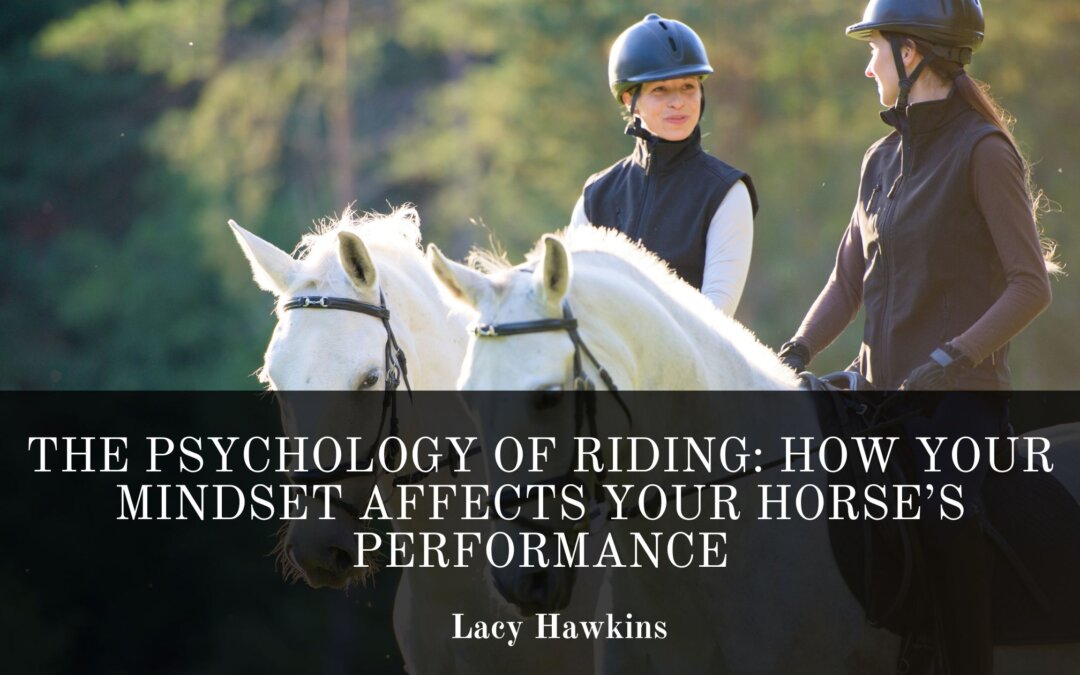Horseback riding is often seen as a physical skill requiring strength, balance, and coordination. However, many riders overlook the crucial role of psychology. Your mindset, emotions, and confidence level directly influence how your horse responds. Horses are highly sensitive animals, attuned to the energy and emotions of their riders. Understanding and mastering your mental state can be just as important as refining your riding technique.
The Horse-Rider Connection
Horses are prey animals with an instinct to detect subtle environmental cues. This includes the emotions and body language of their riders. If a rider is tense, anxious, or distracted, the horse will pick up on these signals and may become nervous or uncooperative. Conversely, when a rider is calm, confident, and focused, the horse is more likely to be relaxed and responsive.
This connection is particularly evident in high-pressure situations, such as competitions or trail rides in unfamiliar environments. Riders who doubt themselves often hesitate in their cues, which can confuse the horse. On the other hand, a confident rider who communicates clearly provides reassurance, making the horse more willing to follow direction.
How Fear and Anxiety Impact Riding
Fear is a natural part of horseback riding, whether you are a beginner worried about falling or an experienced rider facing a challenging jump. However, unchecked fear can lead to stiffness, hesitation, and even overcorrection—factors that disrupt the flow of communication between horse and rider.
For example, a nervous rider may grip the reins too tightly, unintentionally signaling the horse to slow down or stop. They may also tense their legs, causing mixed messages that confuse the horse. In some cases, the horse may become uneasy or react unpredictably, reinforcing the rider’s fear in a cycle of anxiety.
Building Confidence in the Saddle
The good news is that confidence can be cultivated. Here are a few strategies to help riders develop a strong, positive mindset:
- Practice Mindfulness and Breathing Techniques – Deep breathing exercises help relax both the rider and the horse. Before mounting, take a few slow, deep breaths to center yourself. If you feel tense while riding, focus on controlled breathing to release stress.
- Visualize Success – Many professional athletes use visualization techniques to improve performance. Before riding, picture yourself executing a smooth, confident ride. This mental rehearsal can help reduce anxiety and improve execution.
- Set Small, Achievable Goals – Instead of focusing on big milestones, break progress into smaller steps. Mastering a single transition or improving posture over a short ride can boost confidence and create positive momentum.
- Trust Your Horse – Recognizing your horse as a partner rather than an unpredictable force helps build mutual confidence. The more you trust your horse, the more they will trust you in return.
Conclusion
Your mindset is one of the most powerful tools in horseback riding. By cultivating confidence, staying present, and managing fear, you create a positive environment for both yourself and your horse. When rider and horse work together mentally and physically harmoniously, riding becomes not just a skill, but an art.
